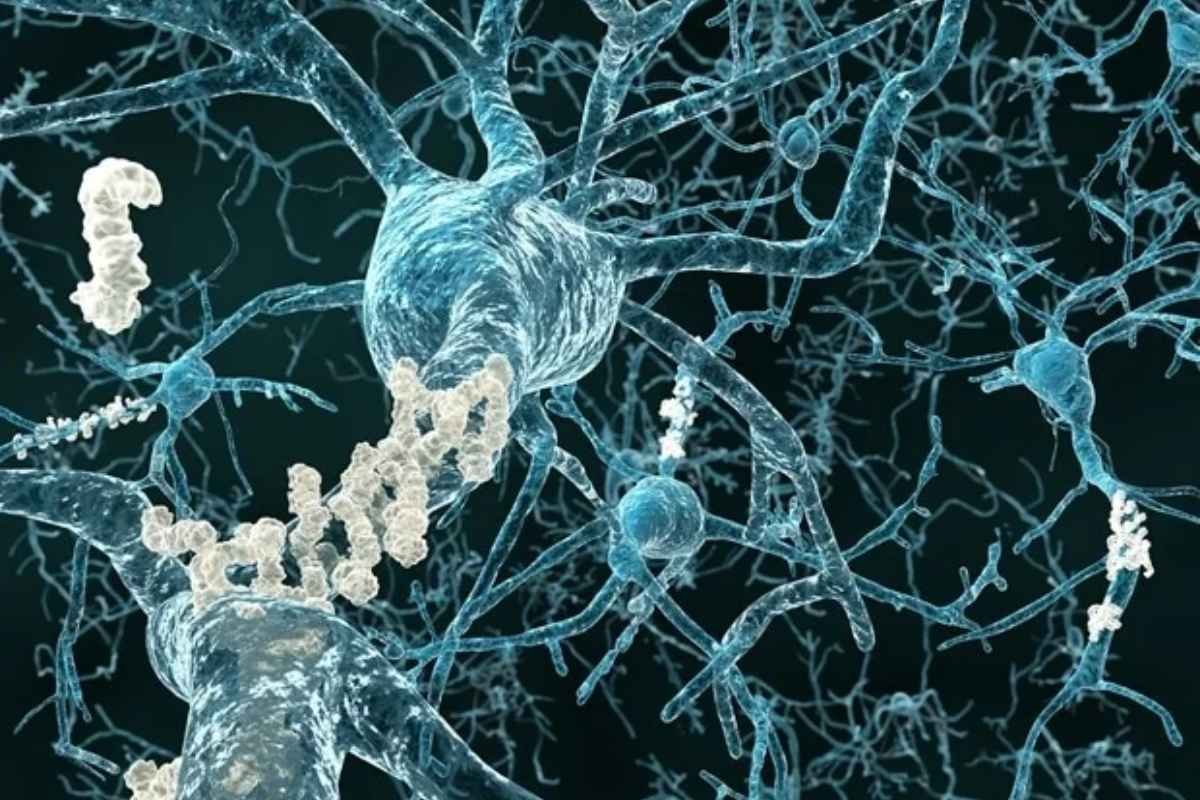[Source – news-medical.net]
Promising Research on Carotenoid Phytoene
Researchers at the University of Seville’s Colour and Food Quality group, in collaboration with Dr. Marina Ezcurra’s team at the University of Kent, have uncovered the promising potential for the carotenoid phytoene in slowing the progression of Alzheimer’s disease and increasing lifespan. Their research, conducted on the model organism Caenorhabditis elegans, revealed that phytoene not only increased longevity by 10 to 18.6% but also reduced the proteotoxic effect of amyloid plaques by 30 to 40%. These findings suggest that phytoene could play a role in mitigating Alzheimer’s disease, a significant breakthrough given the lack of effective treatments for the condition.
The study forms part of Ángeles Morón Ortiz’s doctoral thesis and tested pure phytoene, as well as extracts rich in the compound sourced from microalgae. Dr. Paula Mapelli Brahm, one of the lead researchers, highlighted the significance of the early results, stating, “These are very exciting preliminary findings. We are now looking for further funding to continue investigating the mechanisms behind these effects.”
Caenorhabditis elegans and Phytoene’s Potential
The nematode Caenorhabditis elegans is a widely utilized model in biomedicine, known for its role in groundbreaking discoveries like programmed cell death and RNA interference—both of which earned Nobel Prizes. This tiny organism has once again proven valuable in the research of age-related diseases, such as Alzheimer’s, with the phytoene study demonstrating its applicability in tackling neurodegenerative disorders.
New Alzheimer’s drug offers hope to patients and caregivers | DW News
Phytoene, a naturally occurring carotenoid found in foods like tomatoes, carrots, and apricots, has long been the focus of Professor Antonio Jesús Meléndez Martínez’s research team at the University of Seville. The group has spent over 15 years investigating the carotenoid’s potential benefits, including its role in protecting skin from ultraviolet radiation. Their broader research aims to promote the sustainable production of healthier foods to reduce disease risk. With phytoene showing effectiveness in multiple areas of health, this compound could have applications not only in Alzheimer’s treatment but also in agri-food, nutrition, and cosmetics.
Funding and Collaboration
The study has received financial support from the Spanish Ministry of Science and Innovation, as part of the NEWCARFOODS project and the Spanish Carotenoid Network (CaRed). The NEWCARFOODS project was developed in coordination with Professor Rosa León’s group at the University of Huelva, who supplied the microalgae used in the research. The international collaboration involved more than 50 researchers worldwide, highlighting the global interest in carotenoids’ potential health benefits.
As the team looks to expand their research, the preliminary findings offer hope for future treatments targeting Alzheimer’s disease, potentially slowing down plaque formation and improving the quality of life for those affected.







